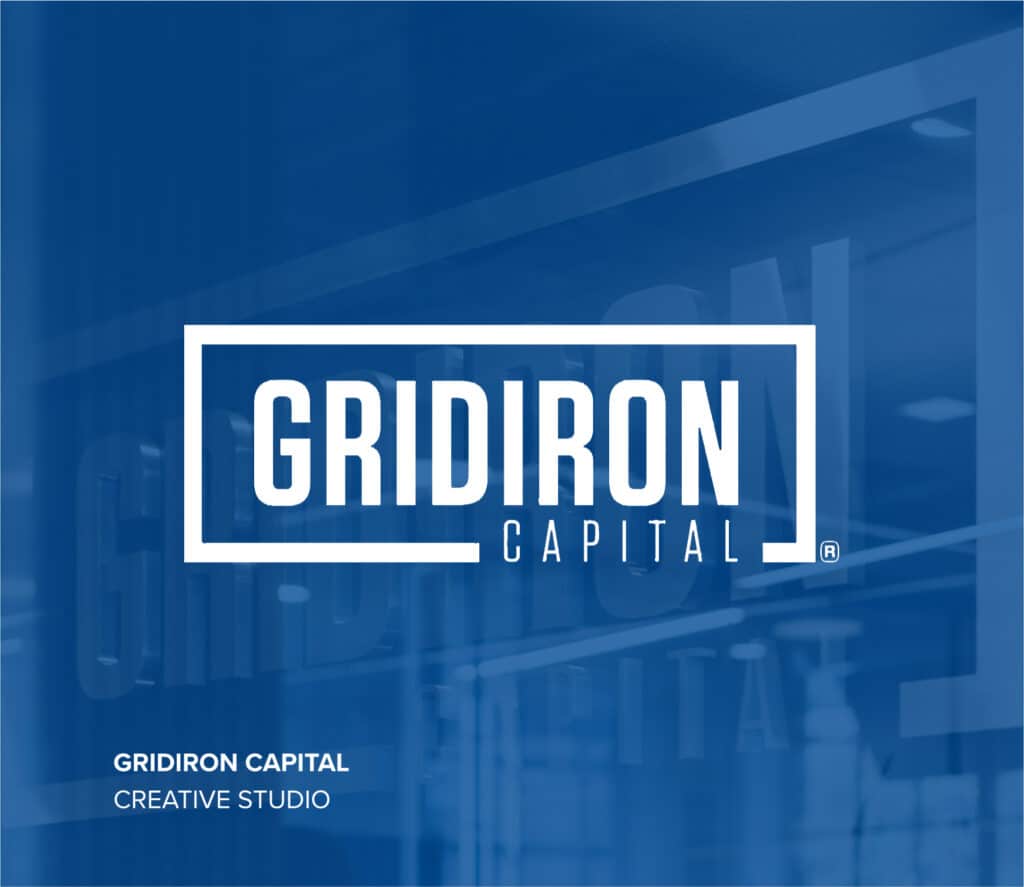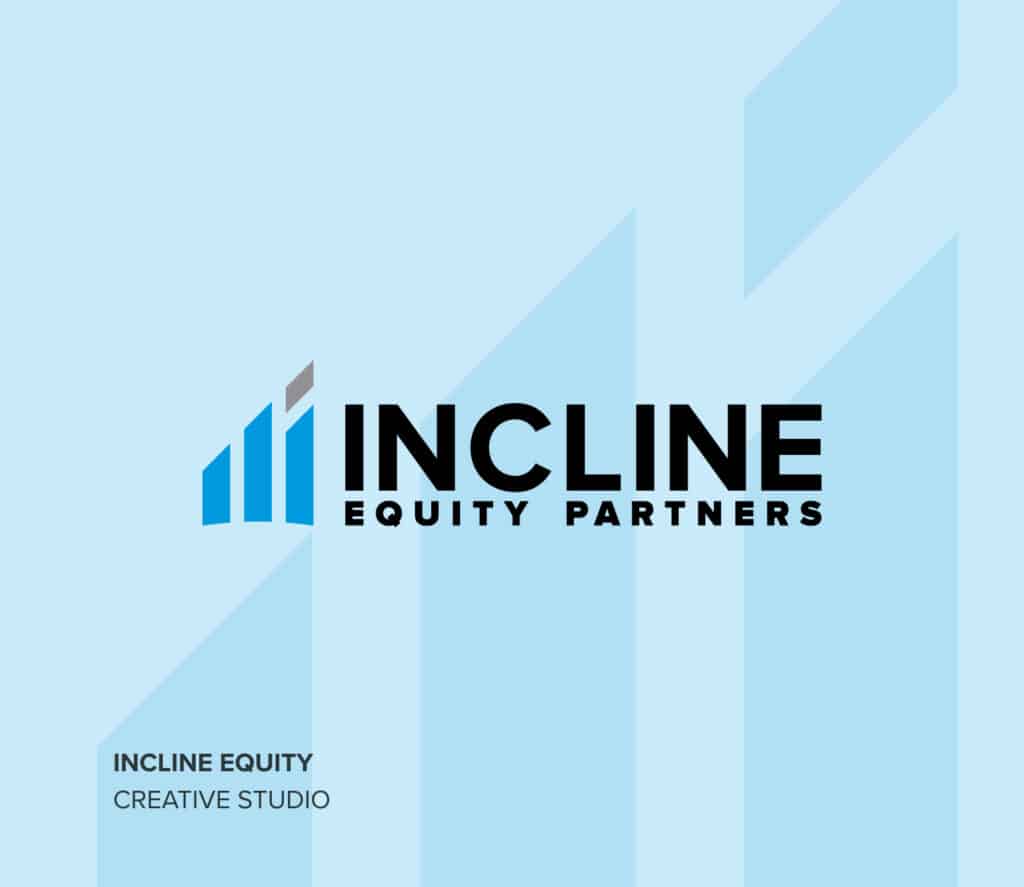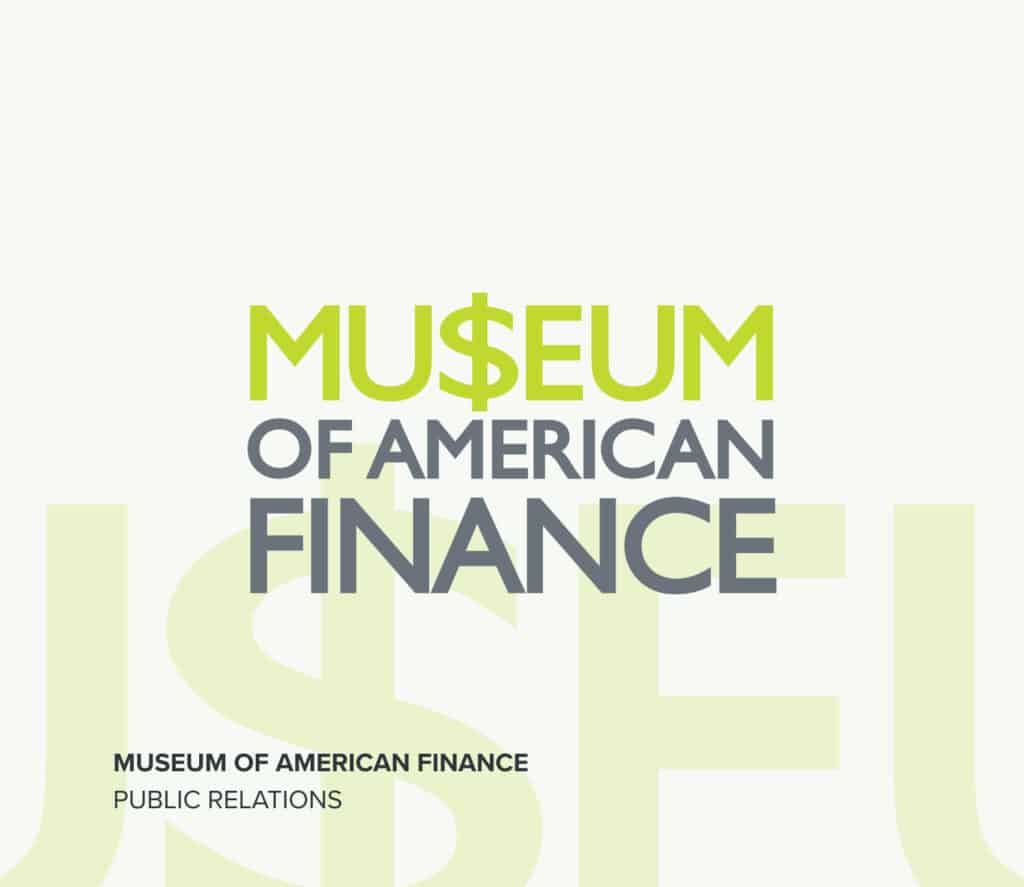Trump’s Tariffs, Musk’s AI Ambitions, and a Fintech Wake-Up Call: The Week of March 31st
From more news on Trump’s tariffs and Elon Musk’s AI takeover to Larry Fink’s push for democratizing private investments, the finance world is buzzing with big moves and bold bets. Trump’s latest tariff threat could hit American wallets while turbocharging BNPL at car dealerships, and recession odds are climbing, according to Goldman Sachs.
Meanwhile, Larry Fink wants more Americans investing in private markets alongside stocks and bonds, and fintech is facing a reckoning after Charlie Javice’s high-profile fraud case. Musk is making waves too, merging his AI venture xAI with X in a power move to boost finances. Plus, the Trump administration’s anti-DEI crusade is crossing the Atlantic, putting European companies on notice.
Check out all of the details:
Trump’s promised ‘Liberation Day’ of tariffs is coming: The details of Trump’s next round of import taxes are not totally clear. Most economic analyses say average US families would have to absorb the cost of his tariffs in the form of higher prices and lower incomes. But an undeterred Trump is inviting CEOs to the White House to say they are investing hundreds of billions of dollars in new projects to avoid the import taxes. It is also possible that the tariffs are short-lived if Trump feels he can cut a deal after imposing them.
Larry Fink says regular Americans need private assets too: Larry Fink wants more Americans investing in private markets alongside stocks and bonds. The billionaire BlackRock chief executive says he wants individuals to have better access to the menu of private and less-liquid investments that have long been core holdings of pensions, endowments and other institutions. Making it easier to own a slice of private loans, real estate or infrastructure such as ports or data centers is one of several ways investing could be further democratized, helping address a growing retirement-savings crisis, Fink says.
The Charlie Javice verdict: A wake-up call for fintechs and banking: The fintech world loves to glamorize disruption – move fast, break things, reinvent the system. Sometimes, what gets broken isn’t the system, it’s trust. That’s what happened with Charlie Javice, the founder of financial aid startup Frank, the new poster child for fintech fraud after her conviction for defrauding JPMorgan Chase out of $175 million. Javice, who sold her fintech startup Frank to JPMorgan Chase in 2021, claimed to have more than four million users. That number was more inflated than the crypto market was following the Trump election. The real number? About 300,000 users.
Trump administration reportedly warns European companies to comply with anti-DEI order: The Trump administration is broadening its anti-DEI campaign to European companies. Government officials have reportedly sent letters to companies in France and the European Union that hold US government contracts, warning them to comply with an executive order banning diversity, equity and inclusion programs if they want to keep their contracts.
AI eats social media as xAI swallows X: Elon Musk’s self-deal for his AI company xAI to acquire X, formerly Twitter, is the strongest sign yet that the AI business is devouring the social media world. Musk’s move is a maneuver to spruce up his overall financial picture — leveraging the AI industry’s fizzy valuation arithmetic to shore up X’s stagnant revenue and debt-loaded capital structure.
How Trump’s auto tariffs are a turbo boost for BNPL: The Trump administration’s on-again, off-again tariffs have sent markets roiling as recession fears mount, but the latest tax on automobiles and auto parts may have an unintended consequence: more buy now/pay later lending at dealerships. The levies are set to exacerbate vehicle-affordability concerns that have persisted in the automotive industry since COVID-19-era supply chain constraints curtailed the production of new vehicles and sent used-car prices skyrocketing.
Recession odds are rising as Trump’s trade war escalates, Goldman Sachs says: The US economy faces a growing risk of a recession as surging tariffs threaten to stunt growth, reignite inflation and lift unemployment, according to Goldman Sachs. The Wall Street bank warned clients Sunday night that it now sees a 35% chance of a recession in the next 12 months, up from 20% previously. Goldman Sachs also increased its inflation estimate, slashed its 2025 GDP forecast to just 1% and bumped up its year-end unemployment rate outlook by 0.3 percentage points to 4.5%.
We hope you have a productive week! Check out more insights from the Vested team here.


